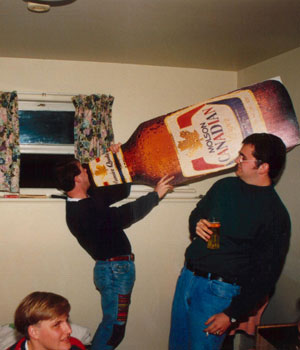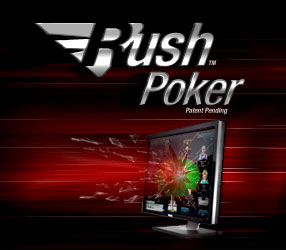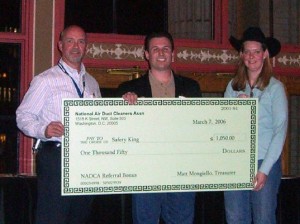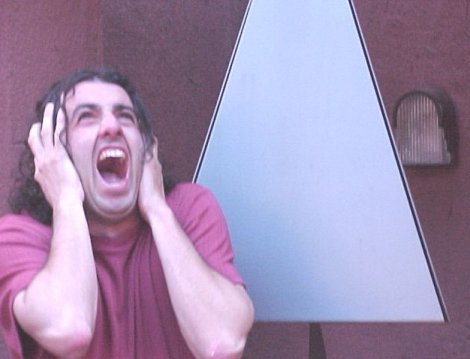 Let me clarify very quickly – Drunk Poker isn’t a variant of No Limit Holdem, or any other poker game for that matter. We’re talking about playing while under the influence of alcohol. If you’re the type to partake in a little partying during the weekend and drink a little of the tipsy juice, make sure you don’t login into Cake Poker and start a little poker action.
Let me clarify very quickly – Drunk Poker isn’t a variant of No Limit Holdem, or any other poker game for that matter. We’re talking about playing while under the influence of alcohol. If you’re the type to partake in a little partying during the weekend and drink a little of the tipsy juice, make sure you don’t login into Cake Poker and start a little poker action.
Why not?
Because there’s no secret Poker Strategy that will work for you when you’re drunk.
Just do what other drunk people do and make an ass of yourself in public or pass out in a compromising position. Whatever your vice, if you’re impaired for any reason seriously just chill out and stay out trouble. The Dad in me wants to remind you that this should include:
- Driving a car, boat, motorcycle, bicycle, golf cart, or anything else that rolls or moves
- Sex, that’s how babies are made (nothing worse than knowing you conceived your child drunk)
- Fighting (great way to wind up in jail, lose friends, and generally look like an ass)
- Drunk Dialing – don’t call ex-girlfriends/boyfriends asking forgiveness, etc
- I’m sure there’s more to add to the list but you get the gist of it
Danger Will Robinson! Danger!
(For those that missed the Will Robinson reference) In short, don’t play poker drunk. You can make mistakes that cost you money. While this explanation seems simple, in reality it’s something that many players will deal with from time to time. So if you feel that you “may” fall into this category here’s a tip – Print this page out and keep somewhere near your PC. Next time you find yourself logging in to UB after a night out with Jack Daniels, hopefully you’ll see this and find another venue for entertainment.
Why is it such a big deal?
Poker is a game of mental acuity and we’ve all learned the hard way that when you’re drunk, the brain gets drained of, um, lots of stuff required to play a good game of poker. Online poker only adds to the drama because you’re on a CLOCK for every hand. Take too long to decide and you may well be folded out of a winning hand! Make a bad choice thanks to the booze and you just dropped some cash. Either way, it’s a lose-lose situation.
A little tipsy
Let’s not forget the Tilt Factor. Hell, I’ve been known to go on tilt after taking a bad beat. Who hasn’t? If you’re one of the large percentage of the population that tends to have a short fuse when you’re drunk, stay away from the virtual poker table. Tilt = Bad news. Tilt + Alcohol = Disaster. Do I need to preach anymore? I think not.
If it takes AAA meetings to stop bleeding cash at the poker table, pick one vice and quit. One will break down your mind, body (liver, spleen, kills brain cells), and soul. The other at least gives you an opportunity to earn a little cash.
Easy choice? I thought so.
Summary
I am not going to preach to you about drinking and whether it’s bad or not. That’s your call. However, we’re here to talk about poker and unfortunately alcohol plays a role in gambling. It always has and always will (I challenge you to find an alcohol-free casino in Las Vegas), so I wanted to write about it in the hope that it may save a person or two from the headache (pun intended). We’re all big boys and girls so you decide the next time – Drunk Poker or perhaps chill out and watch High Stakes Poker on Tivo while getting tanked.


 The toughest thing for most casual poker players to manage and maintain is their poker bankroll. If you’re reading this and you’ve played real money poker online at some time in your life, you’ve likely had difficulties in managing your bankroll. It’s not an insult, it’s reality for 99.9% of online poker players and it’s something that we could all improve upon. For the small percentage that are managing their ‘roll and never had to make more than their initial deposit, congrats! You can stop reading now.
The toughest thing for most casual poker players to manage and maintain is their poker bankroll. If you’re reading this and you’ve played real money poker online at some time in your life, you’ve likely had difficulties in managing your bankroll. It’s not an insult, it’s reality for 99.9% of online poker players and it’s something that we could all improve upon. For the small percentage that are managing their ‘roll and never had to make more than their initial deposit, congrats! You can stop reading now.
 Noise is one of those constants in life we just learn to deal with. In almost every nook and cranny of the earth, there’s some sort of noise being generated. It may be birds or the ocean gently lapping at the sandy shore. It may be a jackhammer making quick work of decades-old asphalt in New York City. Regardless, it’s there and there’s not much you can do to stop it. The poker table is no different – Whether it’s live poker or online, there’s typically plenty of noise.
Noise is one of those constants in life we just learn to deal with. In almost every nook and cranny of the earth, there’s some sort of noise being generated. It may be birds or the ocean gently lapping at the sandy shore. It may be a jackhammer making quick work of decades-old asphalt in New York City. Regardless, it’s there and there’s not much you can do to stop it. The poker table is no different – Whether it’s live poker or online, there’s typically plenty of noise.









